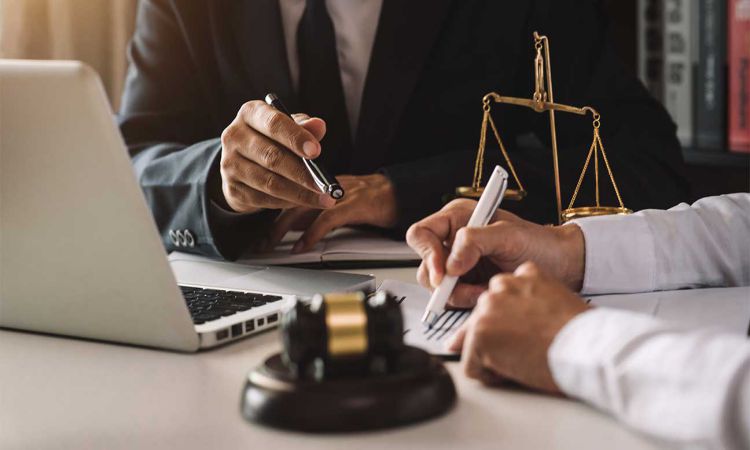 Ever since we were little children, we have been taught that any mistake has consequences. However, what do we do in cases when the mistake is not ours and yet the world accuses us of it?
Ever since we were little children, we have been taught that any mistake has consequences. However, what do we do in cases when the mistake is not ours and yet the world accuses us of it?
As ordinary people, we do not always have a large sum of money at hand that could enable us to turn to a lawyer. The shock and agitation of the incident and the moment we have had the finger pointed at us will make logical thinking and positive action even more difficult. Here’s everything you need to know about what to do in such moments. You will find out about how to act, what to do, and be given more tips that will help you a lot, in the article below.
Table of Contents
At-fault and No-fault Accidents: Differences
Dan, a Biloxi personal injury lawyer, states that he often hears confusion about personal injury cases: “Most of the time, I discuss the situation to make sure the defendant is the real culprit. According to Mississippi law statistics, more than 31% of registered cases result in criminal trials for innocents.”
The difference between 31% and 69% is the information you have, the evidence you collect, and the certainty of your actions.
First of all, we need to understand that in the case of an accusation, we can talk about two types of accidents:
- At-fault – In these cases, we can frame all accidents that occurred due to negligence, for example: postponing an essential repair, not giving priority, or crossing the red light.
- No-fault – If in the first case we were talking about direct driver insurance, now we will talk about global insurance. No-fault insurance is a type of insurance that also benefits your passengers in the event of an accident. Basically, it is a type of insurance for third parties involved in an accident.
It is important to make sure that everyone has a clear vision and understands the difference between the two categories.
From now on, we will go into detail about the most common question asked in cases like these: can I or can I not be accused?
How is Fault Decided?
When an accident has occurred, at first glance, we can figure out who is to blame. But, the final decision is made by law enforcement and the insurer. It is our duty to immediately report it to the police.
We must not lose sight of the fact that this decision to decide on the culprit can only be made after several weeks or even months. In some cases where accidents have caused serious damage, both parties will be able to come out as the injured party.
What You Need to do Immediately After an Accident:
To have more credibility in a trial, the evidence you have is essential in establishing the sentence.
Here are some actions you need to take to be more secure in cases like this:
a) All the details matter:
As soon as you can, write down all the events of the accident. If you have a dashboard camera, it’s even better. But don’t forget, some witnesses may have all the details you need to prove it was not your fault. Save their phone numbers to contact them easily in case you need them later.
b) Pictures will speak better than words:
Even if you have a dashboard camera, don’t forget to take formal pictures containing all the details of the accident. A video camera can’t capture all the details like traces of rubber, chassis deformations, and traces of braking distance.
c) Be sure your car is safe:
Before you go on the road with your car, make sure that it works fully and has no wear and tear that could endanger your life or the lives of others. Many accidents end in a double fault. One participant in the traffic may have caused the accident due to not paying attention, and the other may have amplified the situation due to a technical issue. For example, the braking system was worn and could not stop them at the optimal braking distance.
Can I Make a Personal Injury Claim if I’m at Fault?
As we noted above, there are two types of insurance. Normally, personal injury complaints can be made in both cases. The decision of the Court of Appeal will be made based on several factors. They cannot simply be listed here because each case is different and the approach needs to be customized. The difference lies in the details and is very much related to the context in which the injury occurred. It is best to discuss these with a professional in private to find out all the details of your situation. In principle, you can file a complaint even if it is your fault. However, I suggest you schedule a consultation session to see how we can do this without omitting important details.
Remember that in such situations, the emotions and all the agitation around this incident can make you mentally tired and cause you to make rash decisions. It is normal and even advisable to call on a person who can help you to overcome this moment well!






